Speakers
We are thrilled to welcome a diverse group of speakers representing many roles that use communication skills.
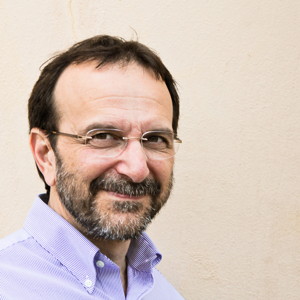 Dr. Vincent Racaniello, PhD (@profvrr) is Higgins Professor of Microbiology & Immunology at Columbia University Medical Center. He has been studying viruses for over 40 years, starting in 1975, when he entered the Ph.D. program in Biomedical Sciences at Mt. Sinai School of Medicine of the City University of New York. His thesis research, in the laboratory of Dr. Peter Palese, was focussed on influenza viruses. In 1979 he joined the laboratory of Dr. David Baltimore at Massachusetts Institute of Technology, for postdoctoral work on poliovirus. In 1982 Vincent joined the faculty in the Department of Microbiology at Columbia University College of Physicians & Surgeons in New York City. There he established a laboratory to study viruses, and to train other scientists to become virologists. Over the years his laboratory has studied a variety of viruses including poliovirus, echovirus, enteroviruses 70 and D68, rhinovirus, Zika virus and hepatitis C virus. As principal investigator of his laboratory, he oversees the research that is carried out by Ph.D. students and postdoctoral fellows. He also teaches virology to undergraduate and graduate students, as well as medical, dental, and nursing students. His virology lectures are available online at iTunes University, YouTube, and Coursera.
Dr. Vincent Racaniello, PhD (@profvrr) is Higgins Professor of Microbiology & Immunology at Columbia University Medical Center. He has been studying viruses for over 40 years, starting in 1975, when he entered the Ph.D. program in Biomedical Sciences at Mt. Sinai School of Medicine of the City University of New York. His thesis research, in the laboratory of Dr. Peter Palese, was focussed on influenza viruses. In 1979 he joined the laboratory of Dr. David Baltimore at Massachusetts Institute of Technology, for postdoctoral work on poliovirus. In 1982 Vincent joined the faculty in the Department of Microbiology at Columbia University College of Physicians & Surgeons in New York City. There he established a laboratory to study viruses, and to train other scientists to become virologists. Over the years his laboratory has studied a variety of viruses including poliovirus, echovirus, enteroviruses 70 and D68, rhinovirus, Zika virus and hepatitis C virus. As principal investigator of his laboratory, he oversees the research that is carried out by Ph.D. students and postdoctoral fellows. He also teaches virology to undergraduate and graduate students, as well as medical, dental, and nursing students. His virology lectures are available online at iTunes University, YouTube, and Coursera.
Vincent entered the world of social media in 2004 with virology blog, followed by This Week in Virology. Videocasts of lectures from his undergraduate virology course are on iTunes University and virology blog. You can find him on Wikipedia, Twitter, GFacebook, and Instagram. His goal is to be Earth’s virology professor. In recognition of his contribution to microbiology education, he was awarded the Peter Wildy Prize for Microbiology Education by the Society for General Microbiology, and the American Society for Microbiology Award for Education. His Wildy Lecture provides an overview of how he uses social media for science communication.
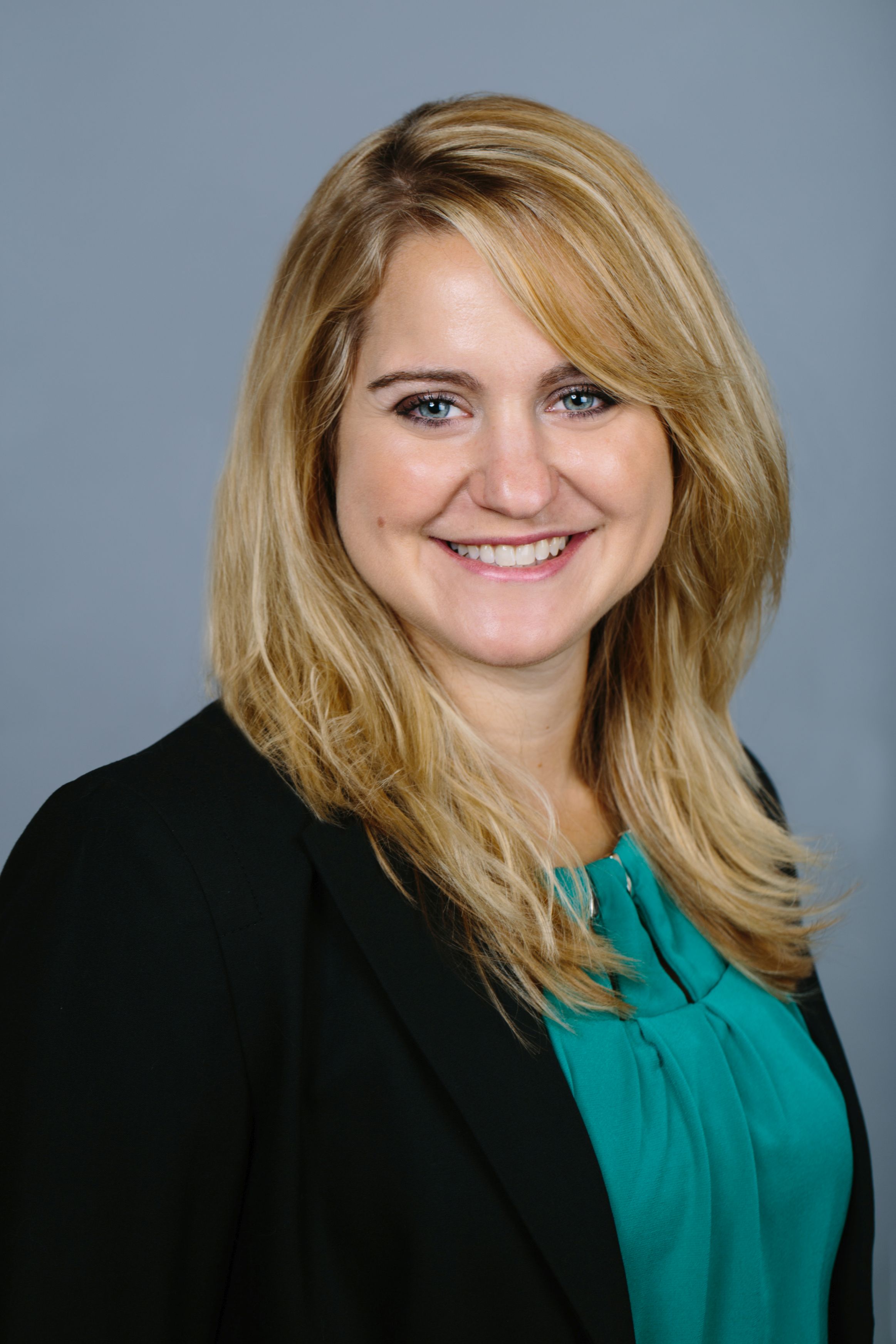 Dr. Denise Zannino Childree, PhD is a Science Policy and Communications Strategist at the National Science Foundation. In this capacity she is responsible for internal communications and strategic visioning, special projects for the Office of the Director, project management for special events such as press conferences and symposiums, and general science outreach and communications projects. Prior to this role Denise was an AAAS Science & Technology Policy Fellow in the same office. Denise earned her Ph.D. in neuroscience from Vanderbilt University, and a BS in biology and psychology from James Madison University. She is passionate about utilizing her scientific background and experience in biomedical research to communicate science to a varied range of audiences including the public, media, and other scientists, and to promote scientific programs, outreach, and awareness. In her spare time Denise enjoys hiking, traveling, cooking, and photography with her husband and son.
Dr. Denise Zannino Childree, PhD is a Science Policy and Communications Strategist at the National Science Foundation. In this capacity she is responsible for internal communications and strategic visioning, special projects for the Office of the Director, project management for special events such as press conferences and symposiums, and general science outreach and communications projects. Prior to this role Denise was an AAAS Science & Technology Policy Fellow in the same office. Denise earned her Ph.D. in neuroscience from Vanderbilt University, and a BS in biology and psychology from James Madison University. She is passionate about utilizing her scientific background and experience in biomedical research to communicate science to a varied range of audiences including the public, media, and other scientists, and to promote scientific programs, outreach, and awareness. In her spare time Denise enjoys hiking, traveling, cooking, and photography with her husband and son.
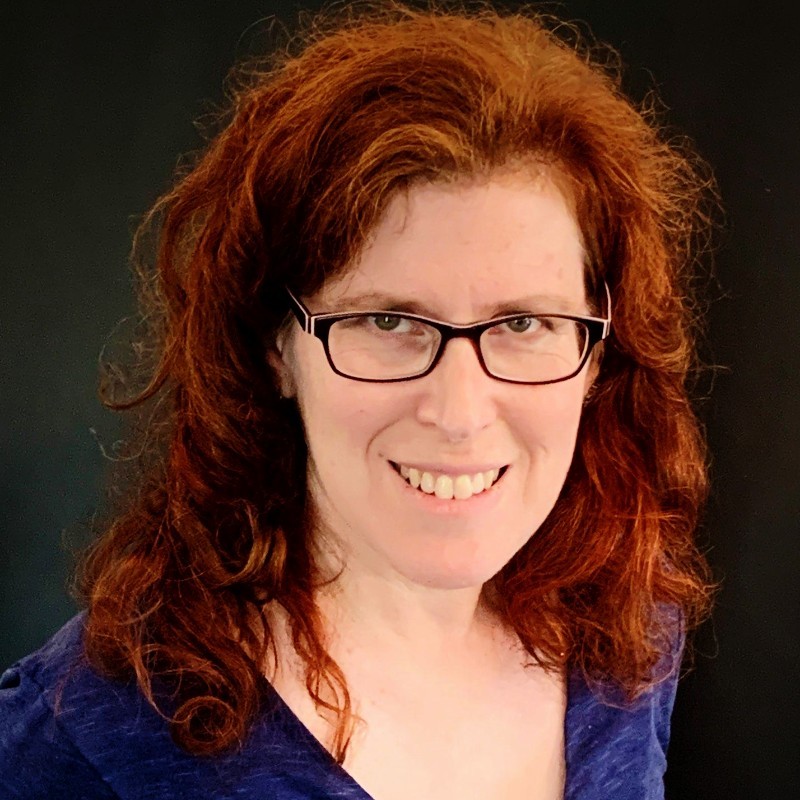 Dr. Julie E. Fischer is the Senior Technical Advisor for Global Health at CRDF Global, an independent non-profit organization that works to empower people and programs to prevent, detect, investigate, and mitigate disease threats worldwide. Prior to joining CRDF Global, Dr. Fischer served as the Director of the Elizabeth R. Griffin Program and an Associate Research Professor in the Department of Microbiology and Immunology at Georgetown University, where she led a multidisciplinary team to promote evidence-based biosafety and biosecurity practices, and to help partner nations strengthen their capacities to detect and respond to disease threats. Dr. Fischer previously co-directed multi-disciplinary teams in the Milken Institute School of Public Health at the George Washington University and at the Stimson Center, and served as a microbiologist with a Thai-U.S. collaboration aimed at strengthening Thailand’s capacities to identify and control emerging infections of regional and global significance.
Dr. Julie E. Fischer is the Senior Technical Advisor for Global Health at CRDF Global, an independent non-profit organization that works to empower people and programs to prevent, detect, investigate, and mitigate disease threats worldwide. Prior to joining CRDF Global, Dr. Fischer served as the Director of the Elizabeth R. Griffin Program and an Associate Research Professor in the Department of Microbiology and Immunology at Georgetown University, where she led a multidisciplinary team to promote evidence-based biosafety and biosecurity practices, and to help partner nations strengthen their capacities to detect and respond to disease threats. Dr. Fischer previously co-directed multi-disciplinary teams in the Milken Institute School of Public Health at the George Washington University and at the Stimson Center, and served as a microbiologist with a Thai-U.S. collaboration aimed at strengthening Thailand’s capacities to identify and control emerging infections of regional and global significance.
Dr. Fischer is a former Council on Foreign Relations International Affairs Fellow and American Association for the Advancement of Science (AAAS) Congressional Science & Technology Fellow. Dr. Fischer completed postdoctoral training at the University of Washington and Seattle Biomedical Research Institute after receiving a Ph.D. in Microbiology and Immunology from Vanderbilt University.
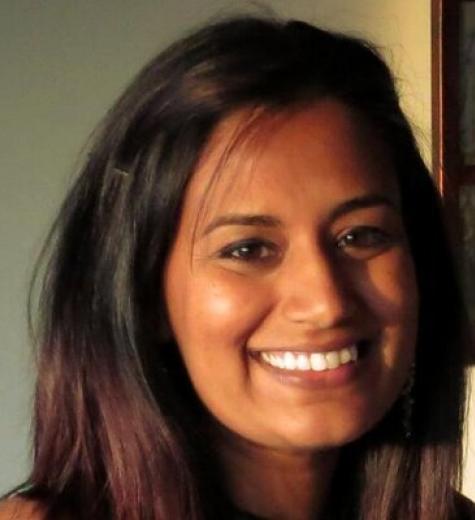 Shobhana Gupta, MD PhD is a physician scientist and currently serves as the Open Innovation and Community Applications manager with Earth Science Division’s Applied Sciences Program at NASA Headquarters. Shobhana manages crowdsourcing activities including prize competitions to invite talents and experiences outside of the NASA community for the discovery and development of applications of Earth observations for decision-making. She also supports the advancement and scaling of new ideas, products and services developed with the Applied Sciences Program, as well as community-based projects to address societal challenges through collaborations between community experts, policy- and decision-makers and subject matter experts in Earth science.
Shobhana Gupta, MD PhD is a physician scientist and currently serves as the Open Innovation and Community Applications manager with Earth Science Division’s Applied Sciences Program at NASA Headquarters. Shobhana manages crowdsourcing activities including prize competitions to invite talents and experiences outside of the NASA community for the discovery and development of applications of Earth observations for decision-making. She also supports the advancement and scaling of new ideas, products and services developed with the Applied Sciences Program, as well as community-based projects to address societal challenges through collaborations between community experts, policy- and decision-makers and subject matter experts in Earth science.
Shobhana has been with NASA for 3 years. Prior to her current role, Shobhana served as the American Association for the Advancement of Science’s Science and Technology Policy fellow in the Health and Air Quality Applied Sciences Program from 2015 to 2017, assisting program leadership with management of funded projects and activities for the Group on Earth Observations’ Health Community of Practice.
During her fellowship, Shobhana also served as the Earth Category lead in the 2016 hackathon event for NASA’s International Space Apps Challenge Program — the world’s largest hackathon. She then served as the program manager for the entire Space Apps Challenge Program for the 2017 hackathon event. Shobhana’s work with Space Apps was recognized in 2016 with the NASA Team Excellence Award, and in 2017 with the NASA Team Excellence Award and the NASA Blue Marble Award. Currently, Shobhana continues to serve as a member of the Space Apps Challenge Leadership Team to engage the brightest and most creative minds around the world to help solve problems in space and on Earth.
Shobhana completed her medical and graduate training at Vanderbilt University School of Medicine in the Department of Microbiology and Immunology, where she used nuclear magnetic resonance spectroscopy to investigate the structure and function of ArsR, a transcription factor that regulates gene expression in Helicobacter pylori. Shobhana trained as a postdoctoral fellow at Yale University School of Medicine in the Department of Neurology, where she used confocal and in vivo two-photon microscopy to understand mechanisms regulating local cerebral blood flow coupling to neuronal activity and their disruption in neurovascular pathologies.
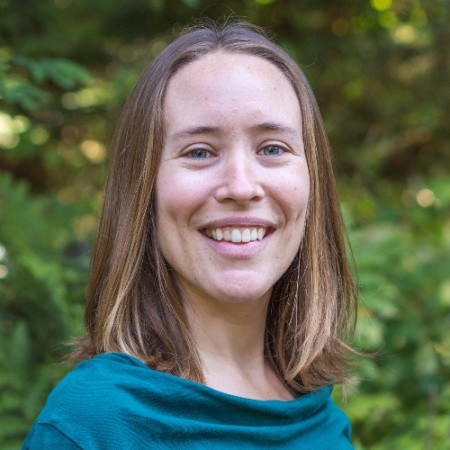 Dr. Emily Dilger is the Chief Education Officer of Ignited, a non-profit focused on teacher professional development. Teachers are given paid STEM workplace experiences in industry and research, fully immersed in workplace culture and real-world application of skills, and coached to incorporate the learning into their classrooms. Previously, Dr. Dilger worked as the Bay Area Ecosystem Lead for the California Academy of Sciences, designing and leading networks, fostering and maintaining relationships with 50+ Bay Area organizations. During her time in the DC area, she served as the Public Outreach Manager for the American Society for Microbiology and the Society for Neuroscience, where she managed the public education website BrainFacts.org and coached scientists to communicate their science in creative ways. Dr. Dilger received her PhD in Neuroscience from Virginia Commonwealth University School of Medicine and her BS in Biology from Mary Washington College.
Dr. Emily Dilger is the Chief Education Officer of Ignited, a non-profit focused on teacher professional development. Teachers are given paid STEM workplace experiences in industry and research, fully immersed in workplace culture and real-world application of skills, and coached to incorporate the learning into their classrooms. Previously, Dr. Dilger worked as the Bay Area Ecosystem Lead for the California Academy of Sciences, designing and leading networks, fostering and maintaining relationships with 50+ Bay Area organizations. During her time in the DC area, she served as the Public Outreach Manager for the American Society for Microbiology and the Society for Neuroscience, where she managed the public education website BrainFacts.org and coached scientists to communicate their science in creative ways. Dr. Dilger received her PhD in Neuroscience from Virginia Commonwealth University School of Medicine and her BS in Biology from Mary Washington College.
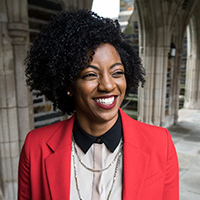 Dr. Johnna Frierson serves as Assistant Dean of Graduate and Postdoctoral Diversity and Inclusion at the Duke University School of Medicine. She directs the IDEALS office (Inclusion, Diversity, Equity, Advancement, and Leadership in the Sciences) which expands and enhances the School of Medicine’s diversity and inclusion initiatives for graduate students and postdoctoral appointees working in biomedical research. She and her team partner with basic science departmental faculty and leaders to cultivate a strong and supportive community for underrepresented PhD students and postdoctoral appointees, developing and implementing pertinent professional development activities and academic and wellness programs in collaboration with the School’s Office of Diversity and Inclusion.
Dr. Johnna Frierson serves as Assistant Dean of Graduate and Postdoctoral Diversity and Inclusion at the Duke University School of Medicine. She directs the IDEALS office (Inclusion, Diversity, Equity, Advancement, and Leadership in the Sciences) which expands and enhances the School of Medicine’s diversity and inclusion initiatives for graduate students and postdoctoral appointees working in biomedical research. She and her team partner with basic science departmental faculty and leaders to cultivate a strong and supportive community for underrepresented PhD students and postdoctoral appointees, developing and implementing pertinent professional development activities and academic and wellness programs in collaboration with the School’s Office of Diversity and Inclusion.
Dr. Frierson was the founding director of the Office of Diversity and Inclusion at the Pratt School of Engineering, where she has served for almost four years. She obtained her undergraduate degree in Biology at Furman University in Greenville, SC, and received a PhD in virology in the Department of Microbiology and Immunology at Vanderbilt University. She completed her postdoctoral training at UNC-Chapel Hill School of Medicine. In her role at Pratt, Dr. Frierson provided leadership in developing and implementing practices to enhance recruitment and retention of underrepresented groups at the student, faculty and staff levels, and to foster greater inclusion of diverse groups and viewpoints in the academic community.
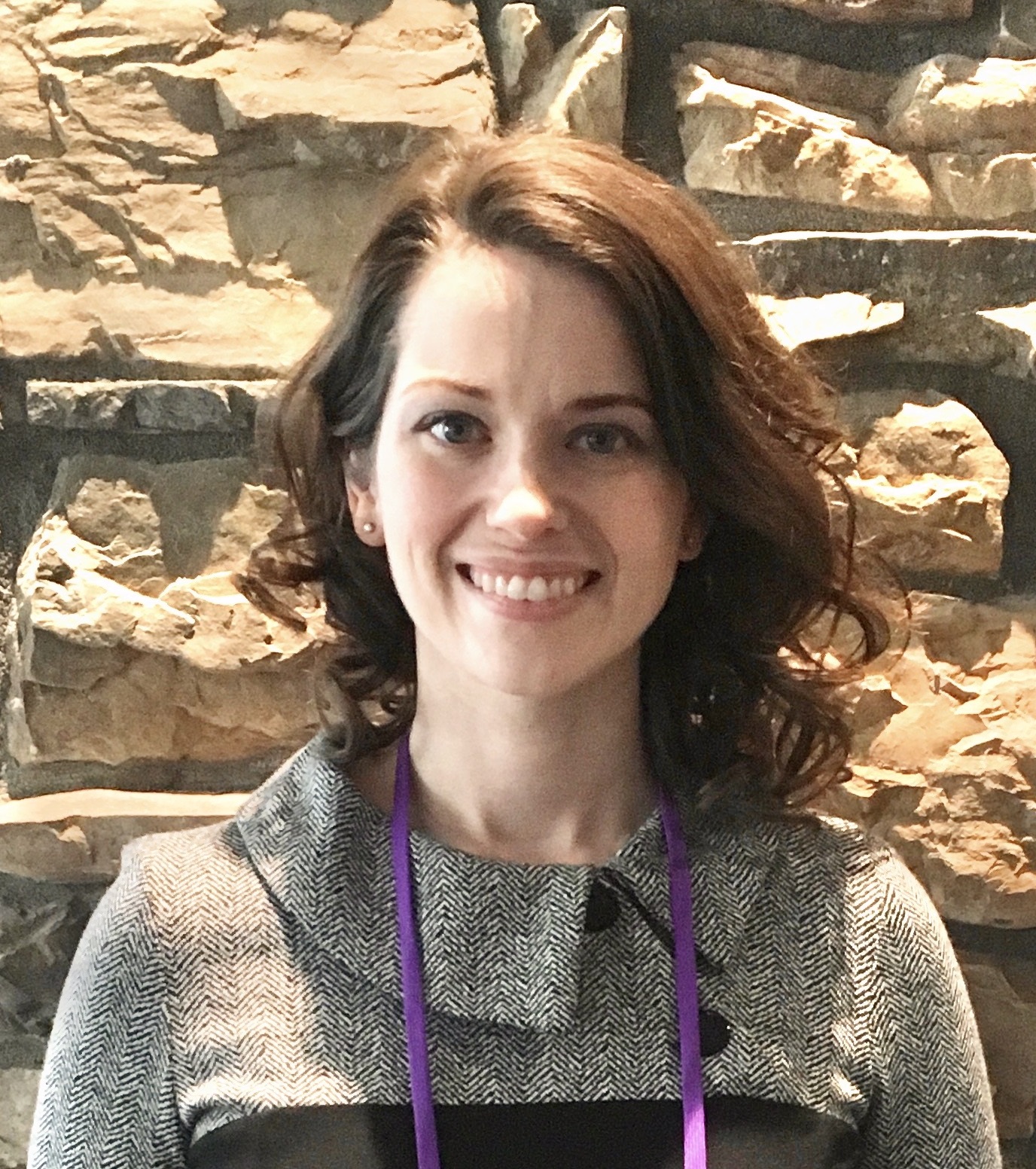 Whitney Holden, Ph.D. Life Science Specialist, Arkansas School for Mathematics, Sciences, and the Arts
Whitney Holden, Ph.D. Life Science Specialist, Arkansas School for Mathematics, Sciences, and the Arts
Dr. Whitney Holden earned her Ph.D. in Microbiology and Immunology from Vanderbilt University, where she also held a Graduate Research Fellowship from the National Science Foundation. At the Arkansas School for Mathematics, Sciences, and the Arts (ASMSA), she teaches biology courses while mentoring students in independent research. Holden is known for her use of innovative practices and technologies in the classroom, and was recently awarded the inaugural Innovative Teacher Award from the National Consortium of Secondary STEM Schools. Under her mentorship, four of Holden’s research students have been invited to compete at the International Science and Engineering Fair since 2017 and many more have earned recognition at regional and state science fairs. In serving as co-director of the Advanced Biology Plus program, Holden provides training, curriculum, and equipment to approximately 40 AP Biology teachers across the state of Arkansas. Participation in this program has resulted in significant gains in test scores for participating schools and more college credit earned for participating students. As co-director of the Arkansas Summer Research Institute, Holden has built a training program that teaches technical skills like electrophoresis and programming languages, while also focusing on essential professional skills like entrepreneurship and networking. The strength of this program has led to it being used as a model for the implementation of similar programs in other states. Committed to freely accessible educational materials, Holden also runs a YouTube Channel, Biology Professor, with 4 million views and almost 50,000 subscribers, and partners with the Multimedia Educational Resource for Learning and Online Teaching (MERLOT), a repository for open educational resources curated by expert educators from various disciplines.
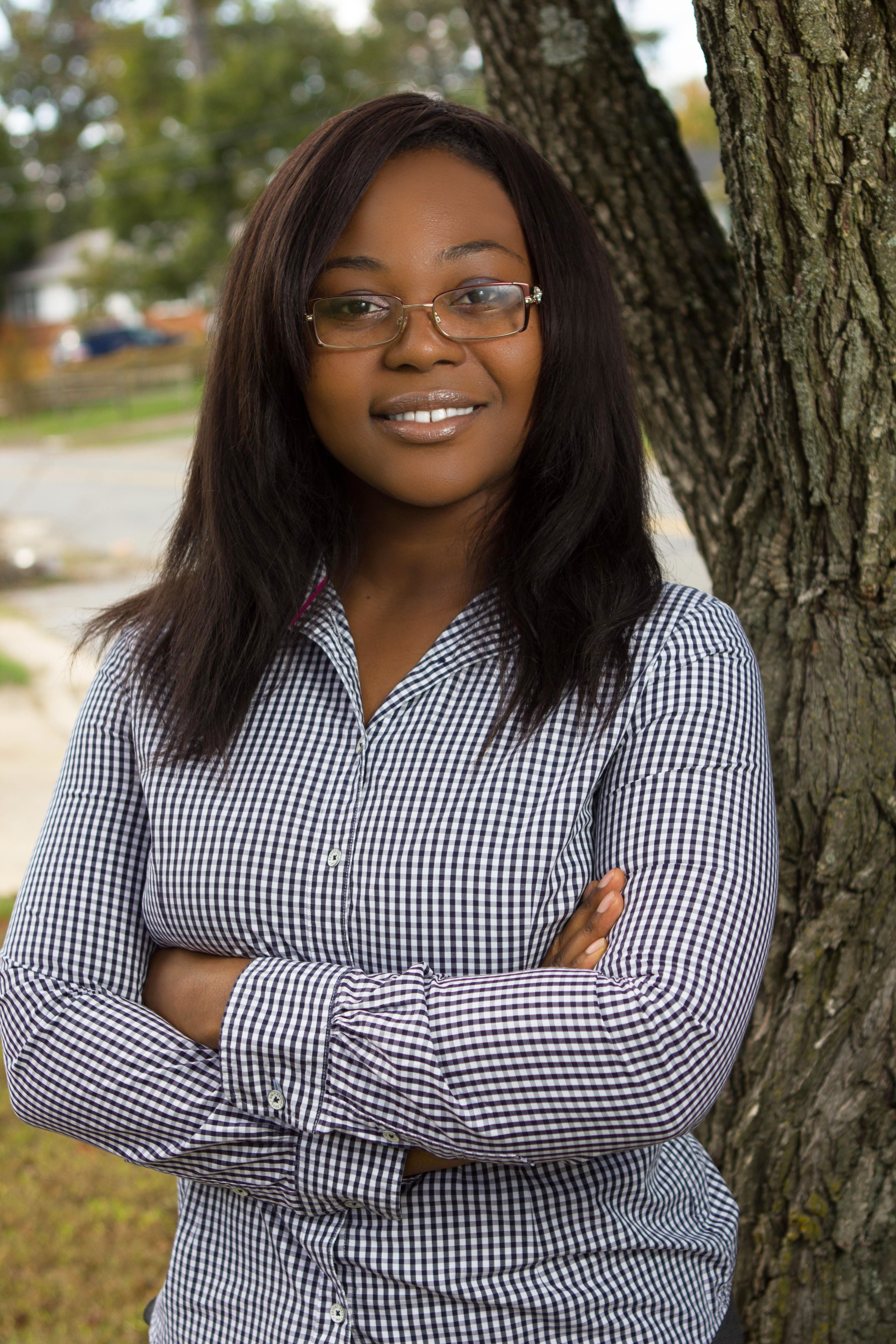 Dr. Zusi Andrews, PhD, is a trained biologist and medical writer for the NIH (NCI). As a medical writer and science communicator, she is responsible for managing clinical trial protocols and writing scientific manuscripts about cancer research. Prior to NIH, she previously served as a lead scientific reviewer with the FDA. Dr. Andrews reviewed pre-market medical device submissions and performed post-market actions including recalls, premarket approval (PMA) annual report, and 30-day notices to protect consumers. Prior to her regulatory position Dr. Andrews served as a research fellow for the FDA and as a postdoctoral fellow in the NIH (NIAID) Intramural Research Program performing public health-related research. Dr. Andrews received her PhD in Biological Sciences at Vanderbilt University and her Bachelor’s in Biology from the University of Maryland Eastern Shore.
Dr. Zusi Andrews, PhD, is a trained biologist and medical writer for the NIH (NCI). As a medical writer and science communicator, she is responsible for managing clinical trial protocols and writing scientific manuscripts about cancer research. Prior to NIH, she previously served as a lead scientific reviewer with the FDA. Dr. Andrews reviewed pre-market medical device submissions and performed post-market actions including recalls, premarket approval (PMA) annual report, and 30-day notices to protect consumers. Prior to her regulatory position Dr. Andrews served as a research fellow for the FDA and as a postdoctoral fellow in the NIH (NIAID) Intramural Research Program performing public health-related research. Dr. Andrews received her PhD in Biological Sciences at Vanderbilt University and her Bachelor’s in Biology from the University of Maryland Eastern Shore.
Dr. Trenis Palmer is the Senior Clinical Research Associate for Inhibrx, Inc. Dr. Palmer is a biomedical sciences PhD and clinical research professional possessing extensive non-clinical and clinical research expertise, including non-clinical experience in tumor cell invasion and metastasis and clinical research experience in Phase I-III clinical trials with a thorough understanding of International Conference on Harmonization Good Clinical Practice (ICH-GCP) guidelines. Dr. Palmer has a proven track record of meeting timelines and driving study progress as his past experience includes clinical research roles with IQVIA and Caritas Clinical Consulting. Dr. Palmer received is PhD in Pathology at Vanderbilt University with Dr. Andries Zijlstra and completed his Postdoctoral Fellowship at University of California San Diego with Dr. Jing Yang.
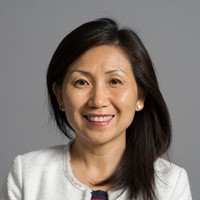 Dr. Sara Yin, PhD, is the Senior Director of Access Marketing at Epizyme. She currently leads the TAZVERIK launch strategy execution as well as a few high impact initiatives. Prior to her time at Epizyme, she spent over four years with EMD Serono as the product launch lead for MAVENCLAD, responsible for development and execution of launch access strategy in both US and ex-US markets. She supported the assessment of several business development opportunities in oncology and immunology. Dr. Yin received her PhD in Pharmacology from Vanderbilt University and her MBA from MIT Sloan School of Management.
Dr. Sara Yin, PhD, is the Senior Director of Access Marketing at Epizyme. She currently leads the TAZVERIK launch strategy execution as well as a few high impact initiatives. Prior to her time at Epizyme, she spent over four years with EMD Serono as the product launch lead for MAVENCLAD, responsible for development and execution of launch access strategy in both US and ex-US markets. She supported the assessment of several business development opportunities in oncology and immunology. Dr. Yin received her PhD in Pharmacology from Vanderbilt University and her MBA from MIT Sloan School of Management.
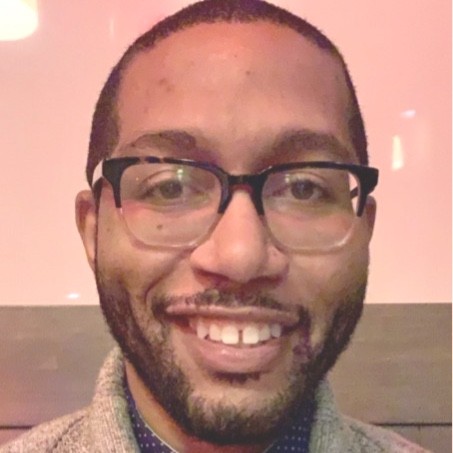 Dr. Christopher Arnette received his PhD in Cell and Developmental Biology from Vanderbilt University with Dr. Irina Kaverina. His research focused on elucidating the molecular pathways for the regulation of microtubule dynamics and the effects that this has on organelle architecture, as well as pathways mediating cytoskeletal crosstalk in trafficking mechanisms. Following, graduate school, Dr. Arnette was a postdoctoral fellow at Northwestern's Feinberg School of Medicine where he examined the role of desmosomal cadherin, Desmoglein 1, in modulating the microenvironment through regulation of cytokine production, and how this impacts neighboring cells and creates a permissive environment for cancer development.
Dr. Christopher Arnette received his PhD in Cell and Developmental Biology from Vanderbilt University with Dr. Irina Kaverina. His research focused on elucidating the molecular pathways for the regulation of microtubule dynamics and the effects that this has on organelle architecture, as well as pathways mediating cytoskeletal crosstalk in trafficking mechanisms. Following, graduate school, Dr. Arnette was a postdoctoral fellow at Northwestern's Feinberg School of Medicine where he examined the role of desmosomal cadherin, Desmoglein 1, in modulating the microenvironment through regulation of cytokine production, and how this impacts neighboring cells and creates a permissive environment for cancer development.
In his current position as a Developmental Editor for Current Protocols, he manages four titles: Bioinformatics, Cytometry, Plant Biology, and Human Genetics. Dr. Arnette provides the initial edit and revision of scientific content to submitted manuscripts, manage the submission process and author engagement, design and produce promotional materials for the journals, and promote the Wiley brand at subject-area specific conferences and meetings.
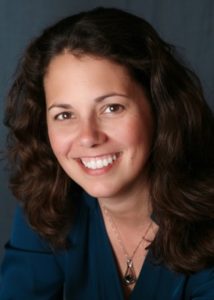 Dr. Siri Carpenter, PhD, is an award-winning science journalist and editor based in Madison, Wisconsin. She received her PhD from Yale University in 2000. Dr. Carpenter has written and edited hundreds of stories that span the full breadth of science, from social psychology to medicine to particle physics. Her writing and editorial work has appeared in The New York Times, Science, Discover, Scientific American, bioGraphic, Science News, Science News for Students, and many other publications. She was a features editor at Discover from 2012 to 2014, and has worked as a contract editor for numerous publications, most regularly for Science News for Students. Carpenter is the full-time editor-in-chief of The Open Notebook, a non-profit publication that she co-founded in 2010, and which is dedicated to helping science journalists improve their skills. She's also the editor of The Craft of Science Writing, published by The Open Notebook in 2020. From 2018-2020, Dr. Carpenter was the president of the National Association of Science Writers.
Dr. Siri Carpenter, PhD, is an award-winning science journalist and editor based in Madison, Wisconsin. She received her PhD from Yale University in 2000. Dr. Carpenter has written and edited hundreds of stories that span the full breadth of science, from social psychology to medicine to particle physics. Her writing and editorial work has appeared in The New York Times, Science, Discover, Scientific American, bioGraphic, Science News, Science News for Students, and many other publications. She was a features editor at Discover from 2012 to 2014, and has worked as a contract editor for numerous publications, most regularly for Science News for Students. Carpenter is the full-time editor-in-chief of The Open Notebook, a non-profit publication that she co-founded in 2010, and which is dedicated to helping science journalists improve their skills. She's also the editor of The Craft of Science Writing, published by The Open Notebook in 2020. From 2018-2020, Dr. Carpenter was the president of the National Association of Science Writers.
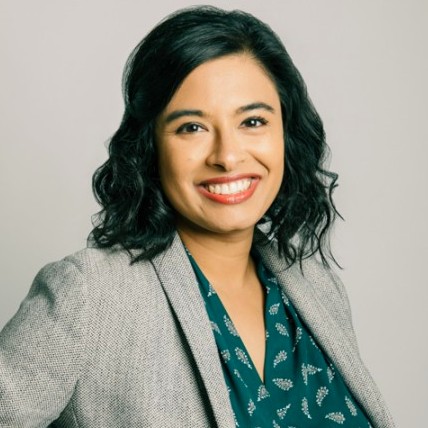 Dr. Sudipta Chakraborty, PhD, is currently a Clinical Trial Transparency Manager for PRA Health Sciences, with a focus on Plain Language Summaries. She has also served the role of Senior Medical Writer with PRA. Dr. Chakraborty has experience writing regulatory documents, including clinical study reports, protocols, and investigator's brochures, in a variety of therapeutic areas. Her current focus is on writing summaries of clinical trial results for the public and trial participants using plain language and health literacy principles. Dr. Chakraborty's previous roles include medical writing for Synchrogenix, science writing for Demand Media in their health division, and serving as a science writing intern at the Albert Einstein College of Medicine. Dr. Chakraborty received her PhD in Neuroscience from Vanderbilt in 2015.
Dr. Sudipta Chakraborty, PhD, is currently a Clinical Trial Transparency Manager for PRA Health Sciences, with a focus on Plain Language Summaries. She has also served the role of Senior Medical Writer with PRA. Dr. Chakraborty has experience writing regulatory documents, including clinical study reports, protocols, and investigator's brochures, in a variety of therapeutic areas. Her current focus is on writing summaries of clinical trial results for the public and trial participants using plain language and health literacy principles. Dr. Chakraborty's previous roles include medical writing for Synchrogenix, science writing for Demand Media in their health division, and serving as a science writing intern at the Albert Einstein College of Medicine. Dr. Chakraborty received her PhD in Neuroscience from Vanderbilt in 2015.